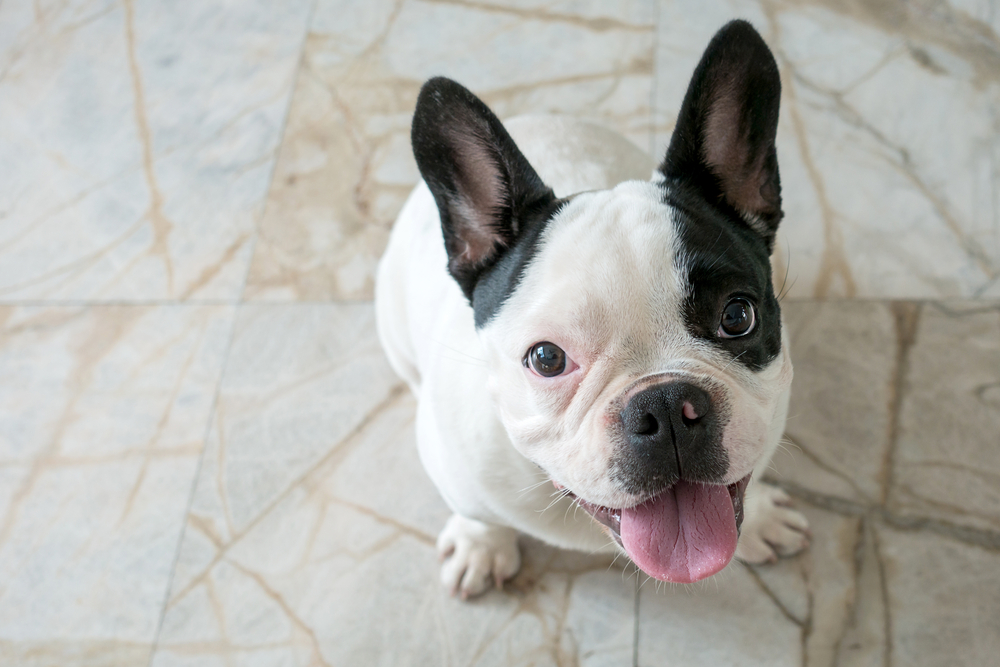Why is my dog panting, especially so much? Panting in dogs is a normal function when it isn’t excessive. Panting is their way of cooling down since they don’t sweat like we do. What happens, though, when your dog pants a lot and there doesn’t seem to be a reason? Union Lake Veterinary Hospital explains the causes and conditions that prompt a dog to pant heavily.
Normal vs. Abnormal Dog Panting
Normal panting is a response to exertion after exercise, being hot, or when your dog is excited (such as when they are about to get food) or anxious. If your dog is panting in a way that seems unusual, such as if they were attempting to breathe, then call us. If your dog is breathing heavily and is restless, shaking, or shows other signs of distress, consider this an emergency and get them in to be examined.
Excessive Panting in Dogs
When your dog continues to pant, even after a break from exercise or spending time outdoors, there may be a problem. There are a few conditions that cause rapid or heavy panting.
- Heatstroke – Heatstroke is a serious emergency. It occurs when your dog’s body can no longer regulate its internal temperature and the temperature becomes dangerously high. One of the symptoms of heatstroke and other heat-related illnesses is excessive panting. Heatstroke is an emergency and needs to be treated immediately.
- Heart failure – The heart is in charge of circulating oxygen-rich blood throughout the body. When the heart muscles weaken due to this heart condition, it cannot adequately pump the blood. Since oxygen is not getting to the body as it should, panting and increased respiration occur to compensate.
- Toxicity – Poisoning is one of the top veterinary emergencies we see. These poisons range from medications to household cleaners, food like chocolate, and rat poison. Vomiting, restlessness, and panting are some of the symptoms to be alert to.
- Respiratory illnesses – Several respiratory disorders like laryngeal paralysis, upper respiratory infections, allergies, asthma, and pneumonia can cause panting. Usually, panting is accompanied by coughing, heavy breathing, and lethargy.
- Brachycephalic syndrome – This syndrome occurs in breeds like pugs, boxers, and bulldogs. Because of selective breeding, these dogs have greater difficulty breathing and will often pant, snort, and breathe heavily to get enough air through the nasal passages.
- Anemia – Anemia is a condition when the body doesn’t produce enough healthy red blood cells. These cells are necessary for providing oxygen to the body. Heavy breathing and panting are common responses to this condition.
- Obesity – When a pet is overweight, they have more difficulty breathing than those at a healthy weight. This, in turn, causes them to pant to get the necessary oxygenated blood. createsObesity also sets a pet up for other diseases, such as heart disease and diabetes.
- Cushing’s disease – This condition happens when the adrenal glands produce too much cortisol. Symptoms include drinking more water, frequent urination, and panting.
- Anxiety or excitement – If your dog is anxious, they will naturally pant more. Consider whether or not the panting correlates with something that creates stress or excitement in your pup.
Is Your Dog Panting Excessively?
If you have noticed your dog panting more than usual, call us for an appointment. Some health concerns are related to excessive panting. We can help you get to the bottom of the issues and start your pet on the road to excellent health.

